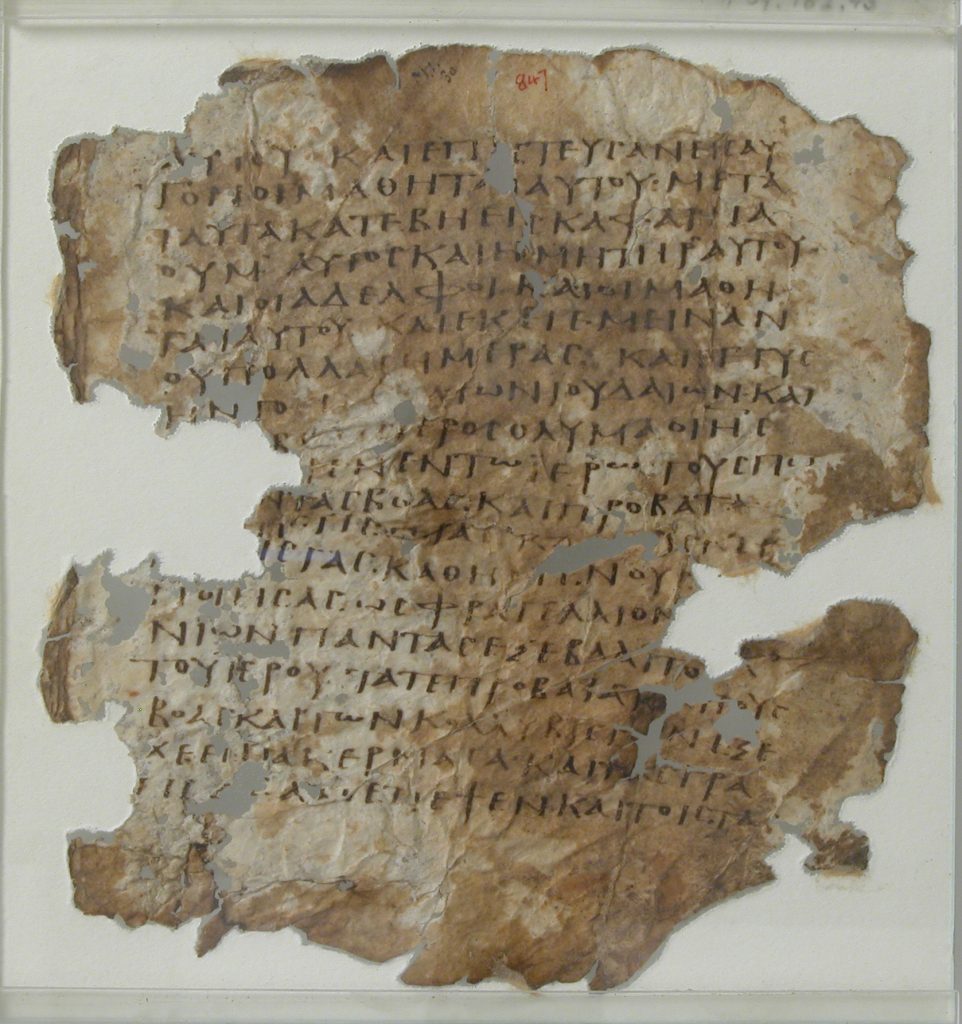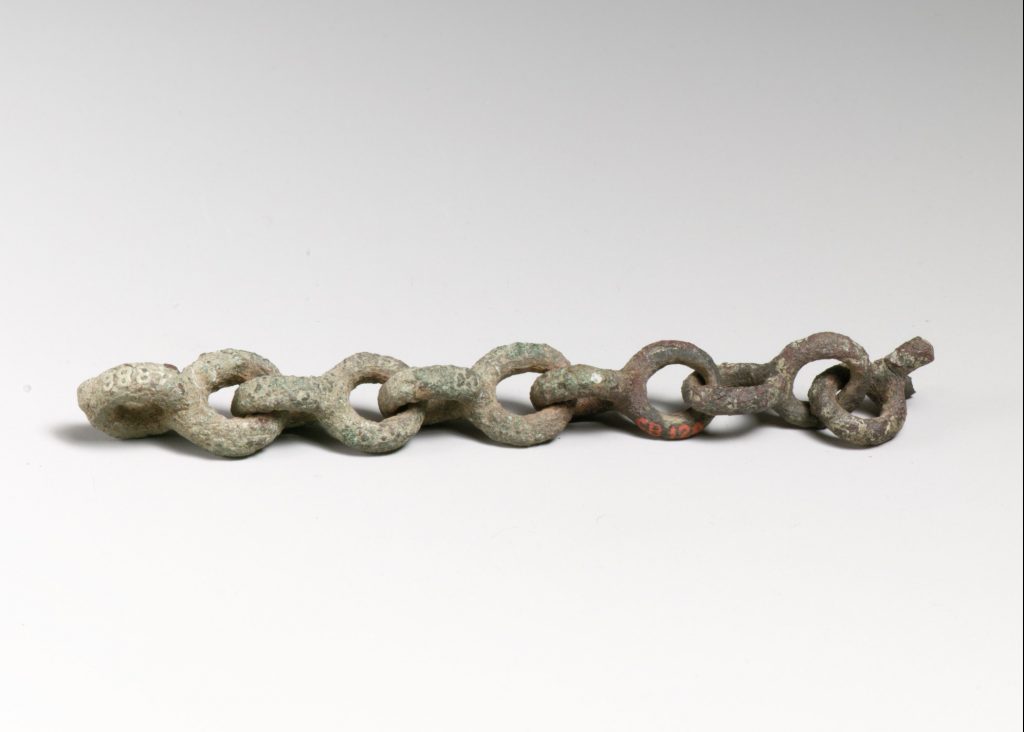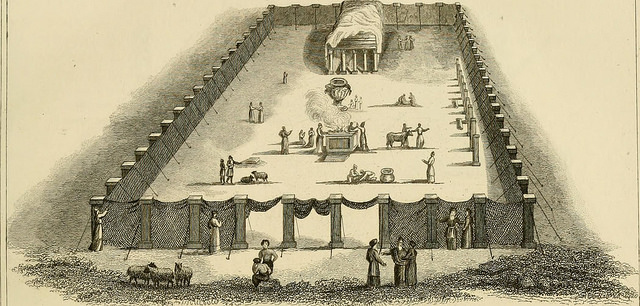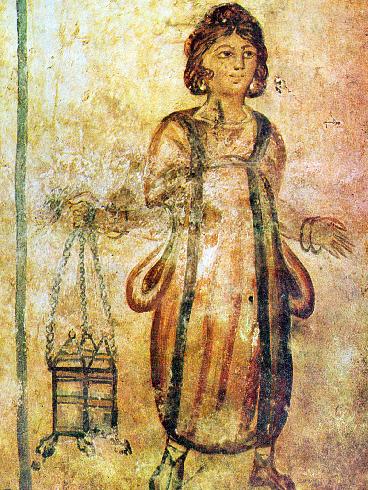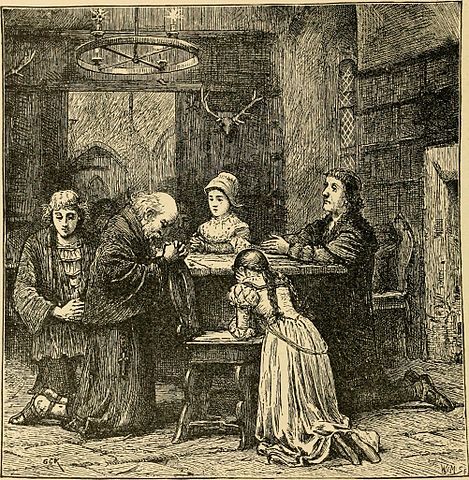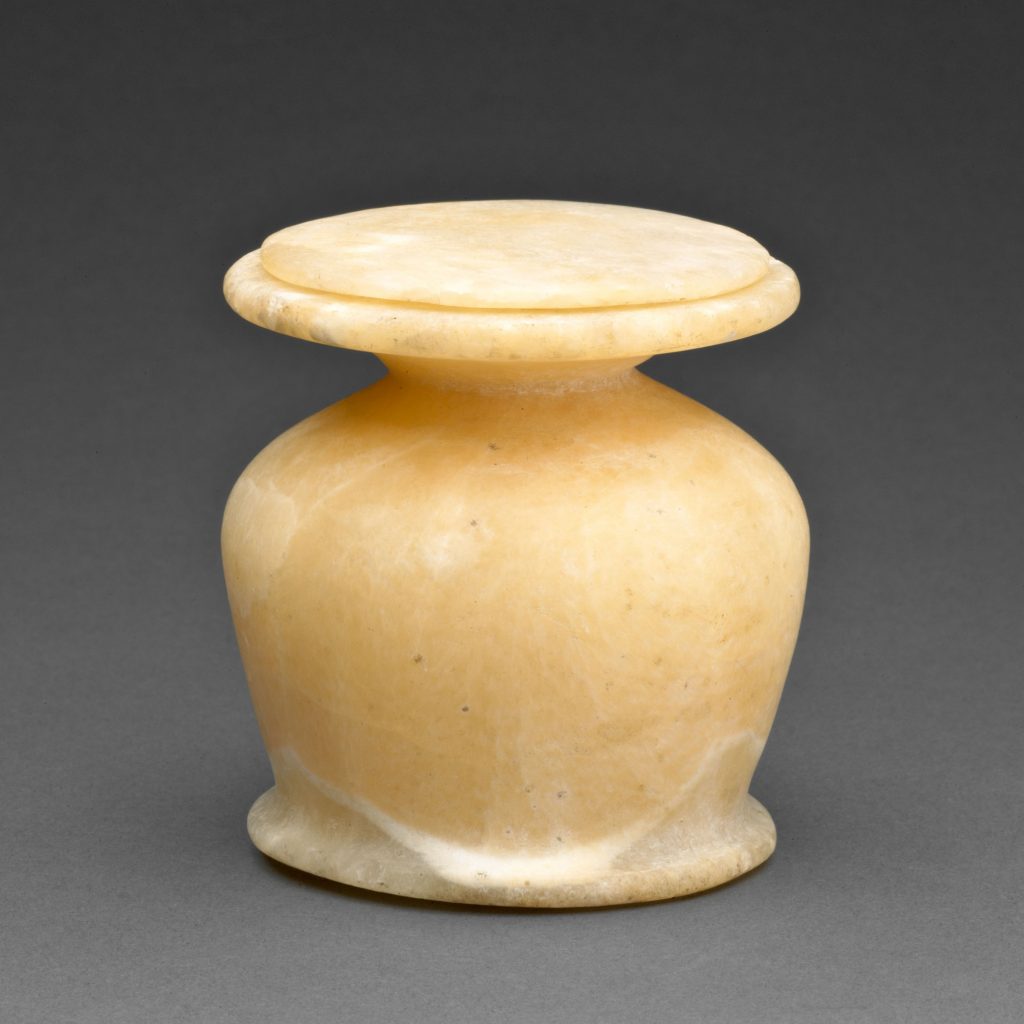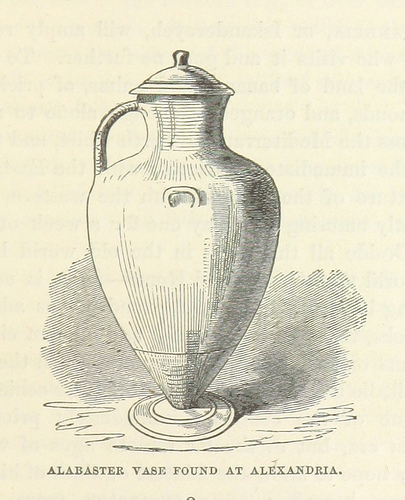Podcast: Play in new window | Download (Duration: 1:03:55 — 87.8MB) | Embed
Subscribe: Apple Podcasts | More
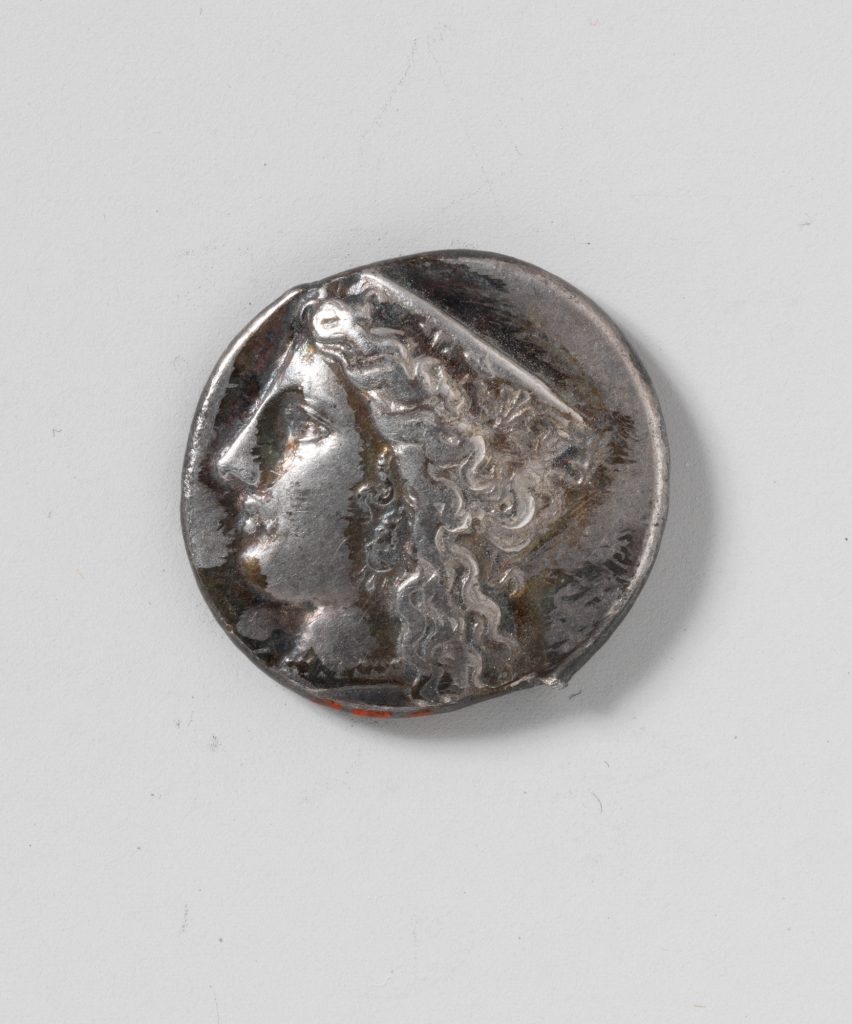
Image in the Public Domain
For Me and Thee
There is an old Jewish saying that states, “As the bee brings home honey to its owner, but stings others; so it is with the words of the law”. The critics of the Bible claim it is filled with death and wrath and exclusion and judgment and, you know, that’s one of things the critics, actually, get right. But, unfortunately for the critic, that’s all they see. God is a just God and a just God will exact justice; He must or He can not claim to be just. Justice…even in our own little realm, can be unpleasant. I mean, it’s one of the reasons people want to avoid being on the wrong side of the law. Justice can be harsh because it has to be. So, yes, the Bible, the record of a just God, will have those elements to it. But the Bible is also full of love and tenderness and care and comfort. Not only is God a just God but He’s a loving God. We know that because of Jesus. The Apostle John makes it clear in the 1st Chapter of his Gospel that although no man has seen God, Jesus has “declared” Him. That’s the word we see in the King James. The original Greek word actually means to “lead out”; to “draw out”; to “unfold a teaching”. Part of the wonder of Jesus is that He is a picture of what God is like…partial picture, of course. You and I, in our current state could not…and, actually, maybe never, handle a full view of God. Nonetheless, what we see Jesus do, God would do.
One of the most fascinating stories found in the Bible is the miracle of the coin in the mouth of the fish. It is actually one of the most incredible miracles in all of Scripture. The details are actually astounding. So, astounding, as a matter of fact, that we have largely missed the point of the story. As we read it, we seem only able to marvel at the power Jesus has over nature. Don’t get me wrong. It’s okay to stand in awe of Our Lord but we must ALWAYS look beyond the facts to get the message. That is what we do in today’s lesson. We dig into one of the best known portions of Scripture and really focus on what God wants us to know. In this story we see the side of God that the critics miss. In these passages we see the “other” reason why God is to be worshiped and adored. This story demonstrates God’s love for us as His own. It demonstrates that God is aware of us and our needs as individuals. It is a lovely, comforting reminder for when the world seems so gray and impersonal. We invite you to listen in as we teach from this uplifting, vital story from the life of Our Personal Savior, Jesus. Remember, before you begin, take a moment or two to ask for God’s Spirit to be with and lead you into the Truth of the Gospel.

